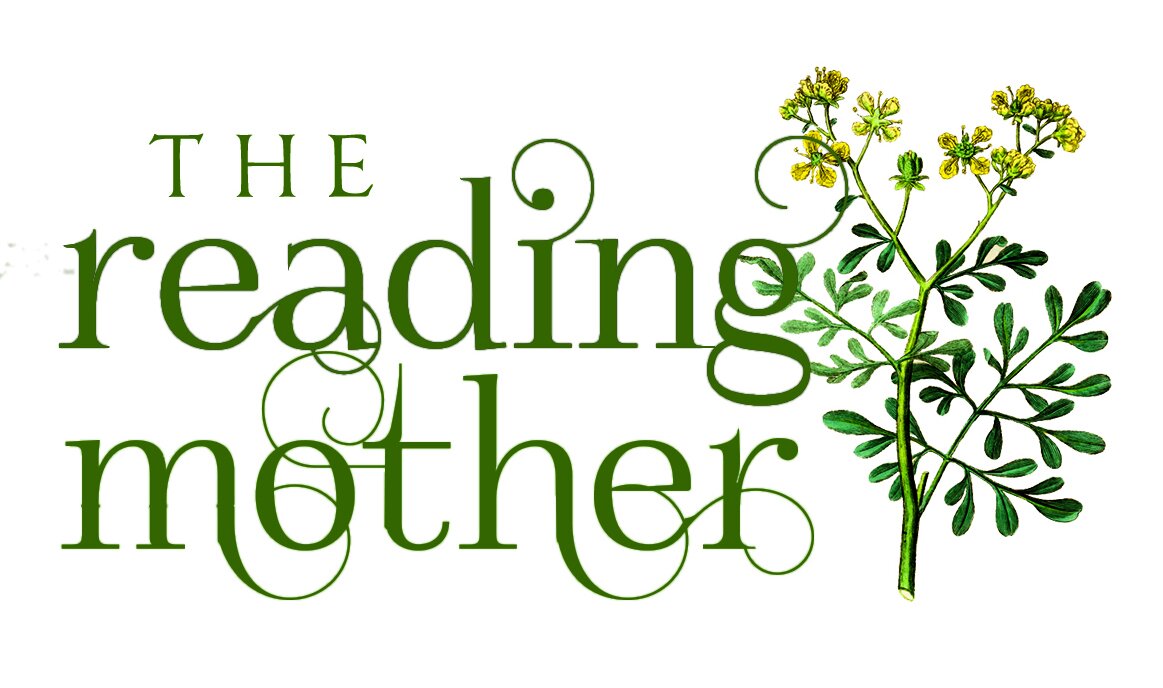Scholé In Our Homeschool
Updated 3/23/24.
Years ago, when I first heard Chris Perrin talk about the concept of scholé, he posed the question: "How have you practiced scholé in your homeschool?" My Eeyore proclivities surfaced, and I immediately thought of all the ways I had failed to do it. Happily, a few of my kids (22, 19, 17, 15 at the time) had started straying into my room towards the end of the webinar, and so I gave them a brief recap of the content. Then I asked them what they thought were the ways that we have practiced scholé. They all immediately said, "Reading aloud!" We read aloud for several hours hours—at least!—each day when they were younger, and it was such precious and profitable time. Our entire history curriculum until high school consisted of read-alouds supplemented by their own reading of (mostly) Landmark books—not assigned, just interest-led. We also read tons of literature, poetry, Scripture, etc. It was harder to make read aloud time happen through high school with my last two, but I had managed to read a good bit of the Odyssey and the entire Aeneid in the year before. (We would go on to read aloud Paradise Lost, Dante’s Divine Comedy, That Hideous Strength, along with much Romantic, Victorian, and early 20th century poetry. We even read The Chronicles of Narnia, for one final time before my youngest graduated.)
A few other ways we practiced scholé in our schooling:
Meaningful memory work can contribute to scholé, particularly as a long term investment. Learning to chant endings of all conjugation, declension, and pronoun paradigms from early ages gave them pegs to hang their Latin grammar on later. Those connections made late elementary and high school Latin much more profitable and perhaps a bit more restful. The same could be said for learning math facts early on (which we did not do so well, so I'm speaking of a lesson learned the hard way...) We also memorized much poetry and Scripture, which, along with all the reading we did, has contributed to ease of expression in written work (in varying degrees, depending on the kid!) On the other hand, memorizing copious lists of unrelated facts and dates is probably a scholé killer.
Content in the younger years pays off in the high school years. This is part of the Charlotte Mason's genius—reading Plutarch and Shakespeare starting in elementary school, for example. Habit of attention, avoiding twaddle, and so on. All of those things allowed us to go deeper in many topics later with far less anxiety and far more enjoyment. By the end of high school, every one of them had a clearer understanding of history, literature, and science—to say nothing of theology, economics, politics, and philosophy—than I did after four years of undergrad!
Picture study and nature study are simple and natural ways to invite observation and contemplation in younger kids. Our Primer and Grammar classes do this each week at our homeschool co-op Providence Prep. In our own home, I wish we had continued this practice longer. I plan to reinstate at least picture study during our read-aloud time this coming year.
New to the idea of scholé? Read Scholé - Restful Learning here.

